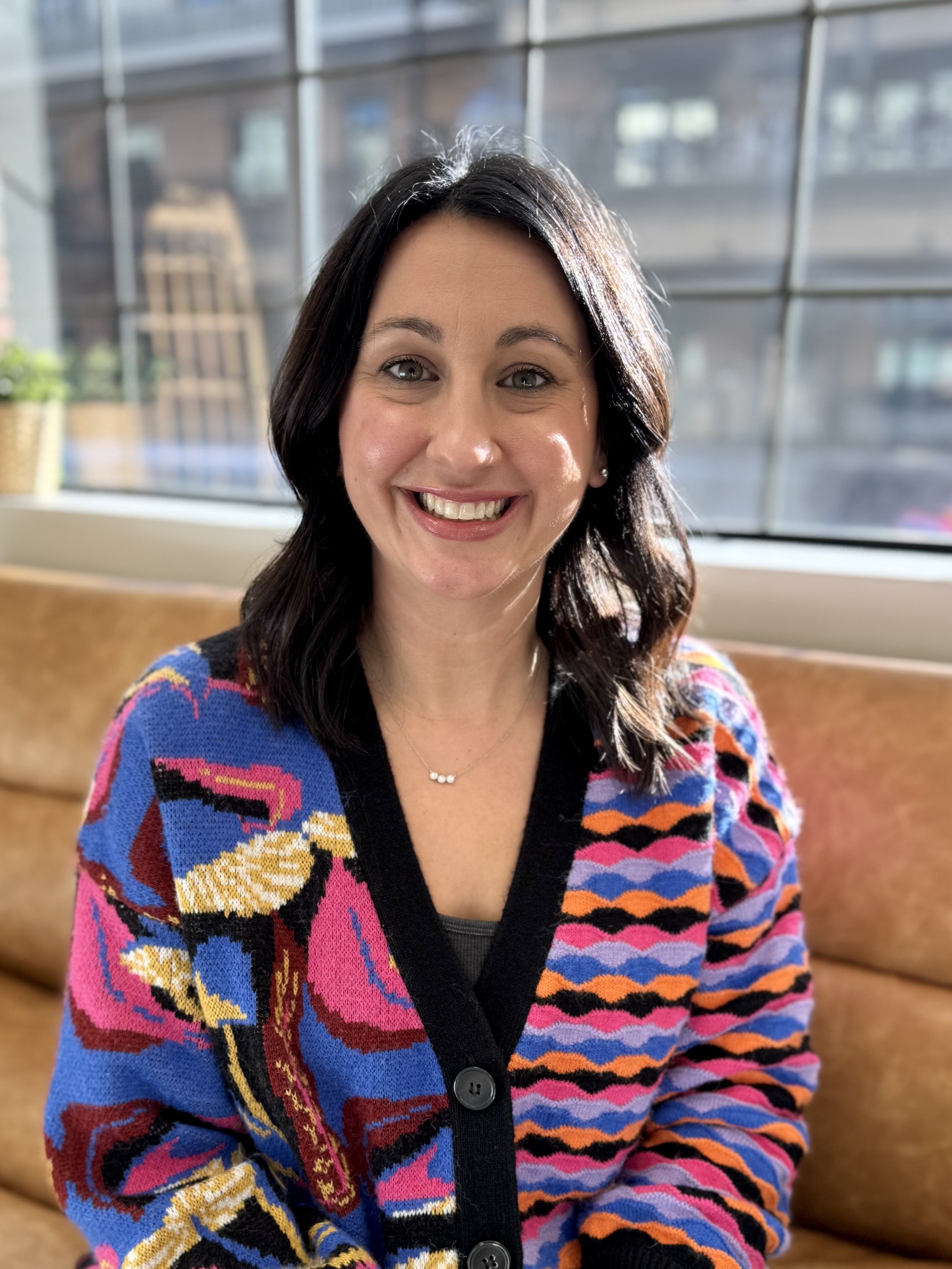The ins + outs of Auditory Processing Disorder
For starters… What is APD?
Auditory Processing Disorder (APD) is a condition where the brain has trouble understanding and processing the sounds it hears, even though the ears are working just fine. Think of it like having a fuzzy connection on a phone call – you can hear the person talking, but it’s hard to make sense of what they’re saying clearly.
For someone with APD, it might take extra time or effort to figure out speech, especially in noisy places or when there are lots of sounds happening at once. It’s not about being less smart or not paying attention – it’s just that the brain processes sounds differently, and this can make listening and understanding tricky at times.
10 Ways to make auditory processing FUN!
Here are some fun and easy auditory processing games that parents and caregivers can play at home to help their child strengthen listening and sound-processing skills:
1. Sound Scavenger Hunt
How to Play: Give your child a list of sounds to identify or objects to find based on sound clues. For example:
"Find something that makes a beep sound."
"Listen for the sound of water and show me where it’s coming from."
What it Helps: Improves sound discrimination and attention to auditory details.
2. "Simon Says" with a Twist
How to Play: Play the classic game of "Simon Says," but add more complex instructions like, "Simon says touch your head and spin around" or "Simon says clap three times, then hop."
What it Helps: Encourages auditory memory and the ability to follow multi-step directions.
3. Rhyme Time
How to Play: Say a word (e.g., "cat"), and have your child come up with as many rhyming words as they can. You can take turns for added fun.
What it Helps: Builds phonological awareness and sound recognition.
4. Repeat the Pattern
How to Play: Clap or tap a rhythm and have your child repeat it back. Gradually make the patterns more complex.
What it Helps: Enhances auditory sequencing and memory.
5. Sound Detective
How to Play: Play different sounds (e.g., a bell, a dog barking, a car horn) from a recording or make the sounds yourself. Ask your child to guess what they hear or where it might come from.
What it Helps: Boosts sound identification and association.
6. Story Time Recall
How to Play: Read a short story or a few sentences and then ask your child questions about what they heard, such as:
"What happened first?"
"Who was the main character?"
What it Helps: Strengthens listening comprehension and memory.
7. I Spy with Sounds
How to Play: Play "I Spy," but instead of colors or objects, use beginning sounds. For example:
"I spy something that starts with the 'b' sound."
What it Helps: Improves phonemic awareness and sound differentiation.
8. Telephone Game
How to Play: Whisper a sentence or a phrase to your child and have them repeat it. See how close they can get to the original message.
What it Helps: Supports auditory attention and memory.
9. Musical Freeze
How to Play: Play music and have your child dance. When you pause the music, they have to freeze. Add verbal cues like, "When the music stops, clap twice."
What it Helps: Combines auditory processing with motor skills and focus.
10. Listening Treasure Hunt
How to Play: Give your child a series of verbal clues to lead them to a "treasure" hidden in the house. For example:
"Take three steps forward, turn left, and open the red drawer."
What it Helps: Encourages following multi-step directions.
Tips for Success:
Keep the activities short and fun to maintain interest.
Use praise and encouragement to build confidence.
Adjust the difficulty based on your child’s comfort level.
These games help improve listening skills in an engaging, playful way!
Think your child may be experiencing some difficulty + frustration related to auditory processing? At Way to Grow Pediatric Therapy we offer comprehensive auditory processing evaluations and therapy to children ages 7 years and up. Each evaluation + therapy will be targeted to your child and their specific needs. Reach out to us to start the process and let’s get those "listening ears" tuned up for success.
Cheering you on always,
Dr. Joanna Capobianco, AuD, CCC-A
The Way to Grow Pediatric Therapy Team 🌟
about our featured writer:
Meet Dr. Joanna - Way to Grow’s fantastic audiologist! Joanna received her Doctorate in Audiology (AuD.) from Illinois State University in 2010, and has been with Way to Grow since 2022! Joanna has a heart for children, and is an excellent advocate for others - especially when it comes to seeing every child receive the best hearing healthcare possible, no matter their situation. You may not have guessed it, but in addition to being an audiologist, Joanna is an Army Veteran - she served in Operation Iraqi Freedom. If you’ve met Joanna you know that she is a beam of light, kindness, laughs, and overall good times - and her hobbies reflect that! When Joanna can’t be found in the sound booth or at home with her husband, sons, + weiner dog - you might find her thrifting (“Let’s face it - I LOVE a good deal!”) or camping.

